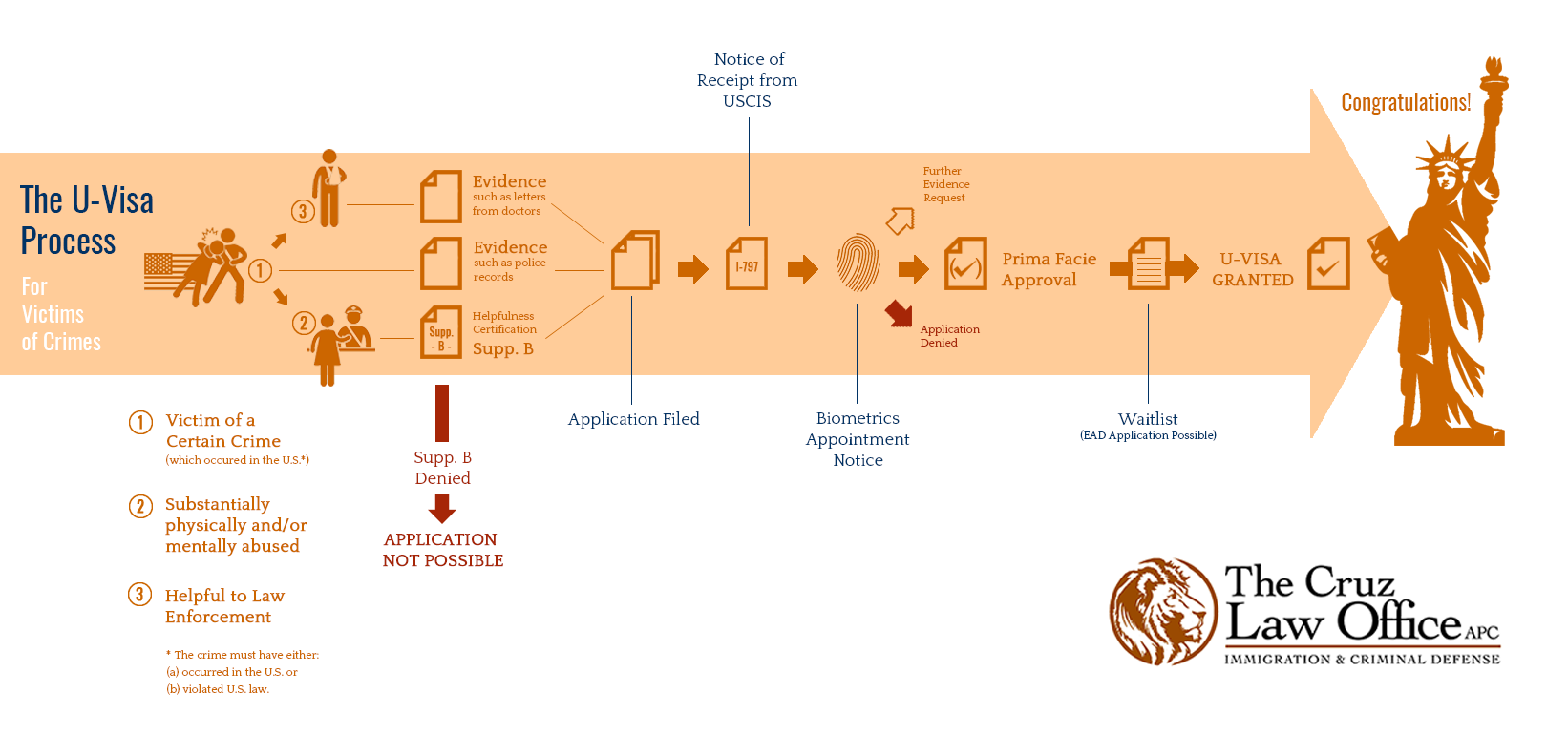What to Expect at Immigration Court

What is immigration court in San Diego like?
San Diego Immigration Court is a specialized tribunal that adjudicates removal or deportation cases. These proceedings are civil in nature and can either take place within a major city where immigration judges hear cases for non-detained immigrants or within an immigration detention center.
There are three parties present in immigration court: the immigration judge, the attorney for the Department of Homeland Security, and the immigrant. The immigration judge represented the Executive Office of Immigration Review which is under the Department of Justice. The attorney for the Department of Homeland Security, sometimes called the trial attorney, is used by the party bringing forth the complaint to remove or deport the immigrant. The immigrant, who is referred to as the ‘respondent, is the party defending against removal or against the taking away of an immigration benefit.
There are the following two immigration courts in San Diego, one is for non-detained individuals and the other is for detained individuals:
U.S. Immigration Court San Diego Location401 West “A” Street, Suite 800 |
U.S. Immigration Court East Mesa LocationOtay Mesa Detention Center |
What should I wear for immigration court?
The immigration courts are formal federal administrative proceedings and it is therefore recommended the immigrant dress appropriately. Most of the people in immigration court come from modest means and may not have professional or formal clothing to wear. However, it’s still advisable that the immigrant dress as formally as possible, meaning that he should wear clothing that is clean, presentable, conservative, and if possible, without any graphic pictures or fonts.
In San Diego, I once had the experience where a client came to immigration court wearing sandals, shorts and a t-shirt. The immigration judge did not appreciate his appearance. The experience was very uncomfortable for my client. The best advice is to dress as appropriate as possible.
What happens during my first immigration court appearance?
The first immigration court appearance is a preliminary court where the immigration judge may ask the immigrant (or respondent) questions about how he would like to proceed with his case. For instance, the immigration judge may ask the immigrant if he or she wants a continuance to obtain legal representation, i.e. if he or she does not have an attorney. Additionally, the immigration judge may ask you if you received the documents found inside the Court’s file, such as the Notice to Appear, an I-213, or criminal conviction documents related to your case. Some immigration judges will explain the nature of removal/deportation proceedings and what his or her role entails as an immigration judge.
How long does a case last in immigration Court?
Every jurisdiction is different. Individuals who have their immigration court in San Francisco, do not get their first Court hearing until 10-18 months in advance.The immigration court in San Diego usually schedules an initial master calendar hearing within 6 months after the person is served with the Notice to Appear.
If the person is non-detained, his or her Immigration court case in San Diego may take anywhere from 14-16 months. Hearings are sometimes continued for a number of reasons such as time to obtain an attorney, attorney preparation, preparation of the relief applications, time for the court to consider other relief applications and their outcomes, not adjudicated by the immigration court, etc.
While the person is detained, immigration court in east mesa may take place a lot faster. Under these circumstances, an individual’s entire case with the immigration judge can be decided in 5-7 months.
Who are the government agencies in immigration court and what do they do?
There are two government agencies in removal proceedings, the Department of Justice (DOJ) and the Department of Homeland Security (DHS). The immigration judge represents the DOJ and the government attorney, often referred to as a trial attorney (TA) represents the DHS.
The role of the immigration judge is to preside over the immigration court and make rulings on pleadings, motions, and findings of facts.
The government attorney represents and advocates the interest of the government, the party who issued the Notice to Appear and pursuing the charge of removability or deportation.
Can I change or switch my immigration judge?
Yes, but only under certain circumstances. The respondent or immigrant cannot change which immigration judge hearing his or her case because of general preference or belief that one judge will be more favorable than another.
One circumstance that favors change to a new immigration judge is where immigration judge has shown significant bias against the immigrant where it can be perceived that the immigrant will not have a fair hearing. An example of such significant bias or disqualification can occur when the immigration judge previously worked as a government attorney for the Department of Homeland Security and previously prosecuted the immigrant (or respondent) for removal or deportation.
Another circumstance that favors changing an immigration judge is via a motion to move the case from the detained docket to the non-detained docket. For instance, if the immigrant (or respondent) was once detained and later bonded out from an immigration detention center, he or she can tell the Court to move the case to the non-detained docket so that the immigrant won’t have to return to the detention center have his or her case heard. Sometimes, the Court does this on its own, suas ponte, without the immigrant or (respondent) asking. Each immigration court is different.
How can find out when my next immigration court date is scheduled for?
EOIR or Immigration Court provides a published 1-800 number where an individual can call and inquire about his future court dates and other items related to their case. To access this information, please follow the steps outlined below:
Immigration Hearing Information
(1) Dial 1-800-898-7180 and press “1″ to hear the instructions in English or “2″ to hear the instructions in Spanish. An automated operator will ask you to input the eight digits following the “A” in your alien registration number on your touch-tone phone (The system will not work if you still have a rotary or “dial” phone.) Upon inputting your alien registration number, the system will ask you to press “1″ to confirm that you have inputted your number correctly “2″ if you wish to reenter your number. Once your number has been accepted by the system, the automated operator will spell your name, last name first. She (The automated operators are all female.) will ask you to press “1″ to confirm your name or press “2″ to reenter your alien registration number (which is advisable if the name is not yours).
Once your name has been confirmed, the operator will ask you to input one of the following menu items: (1) Next hearing date, (2) Asylum processing information, (3) Decision information, (4) Case appeal information, or (5) Filing information.
What if I don’t go to my scheduled immigration court hearing?
It is highly recommended you attend every immigration hearing even if you do not have an attorney. The consequences of not attending an immigration court appearance are extremely serious and devastating. In short, if you fail to appear at your immigration court hearing you will be ordered removed in your absence. This is called an in absentia removal order.
Absence significant circumstances, such as a serious illness or a death in the family, the Court will not consider the removal order.
What may follow is a fugitive arrest warrant being issued and executed by ICE (immigration and customs enforcement).
Can I change the location/city of my immigration court to San Diego?
Yes, but you must establish good cause to change your immigration court in San Diego. For the most part, immigration court is established where the NTA is filed. In most cases, when an immigrant moves to a new city or changes his custody status (gets released from immigration detention) a change of venue motion should be justified.
Normally, your motion should be filed in accordance with the immigration court procedural manual. A notice that you have changed your address should be attached to your motion. To change your address with the immigration court, one will need to fill out and submit Form EOIR-33. A copy of the EOIR-33 should be submitted to the Department of Homeland Security.
Will I get deported during my first immigration Court Appearance?
If it’s your first immigration court hearing, you will most likely not be removed/deported from the United States.
At your first court appearance, the immigration judge may ask you to confirm your name, confirm your address, read the allegation pending against you, and explain the change of removability.
You will not be deported unless you asked to be deported or you decide to not attend immigration court. If you are seeking a continuance to obtain an attorney, case preparation, or seek relief application preparation, then you will most likely not be removed during your first immigration court appearance.
Should I bring an interpreter to Immigration Court if I do not speak English?
No. The court will provide you an interpreter at no expense to you. Some Courts have live interpreters who are present with you during the removal proceedings. This is especially true if the language is common to the area where the immigration court is located. In San Diego, the court currently has in-person interpreters for the Spanish language.
Can my family go to immigration court in San Diego if they are undocumented/illegal?
Immigration court is a specialized tribunal that adjudicates removal or deportation cases. There is no rule denying your families presence in immigration court even if they have no status. However, your family should take caution as ICE officers have been known to attend immigration court and sometimes arrest individuals previously released from their custody. Danger may especially come to your family member, with no status, if they fall under the ICE priority list for removal published on November 20, 2014. If they fall under the priority list, ICE will more likely pursue them for removal proceedings or worse yet, enforce a removal order that may already be outstanding.
Additionally, each immigration court publishes its rules and procedures regarding attendance. Sometimes families (except those coming to be witnesses) are not allowed because of limited seating space. The best advice is to be cautious and leave the family at home.
What happens to me after my first immigration court hearing?
After your initial immigration court hearing is completed, you will receive a notice telling you when your next hearing is scheduled. If you were granted a continuance, your next immigration court hearing will most likely be programmed within a reasonable time for you to obtain legal representation and/or prepare your claims for relief. Depending on your situation, you may be asked to attend a meeting with your deportation officer or report to an ISAP (Intensive Supervision Appearance Program).
Is your dream of building a life in the United States being threatened by Immigration deportation/removal proceedings? If you are facing the possibility of removal or deportation, choosing the right immigration lawyer in San Diego is very important. If you have a pending San Diego deportation/removal proceeding, call Mr. Cruz today at (619) 717-2233 to schedule your free consultation. Attorney Cruz will meet with you personally to evaluate your case.
Legal Disclaimer: Nothing in this website should be taken as legal advice for an individual case or situation. The information is intended to be general and should not be relied upon for any specific situation.



